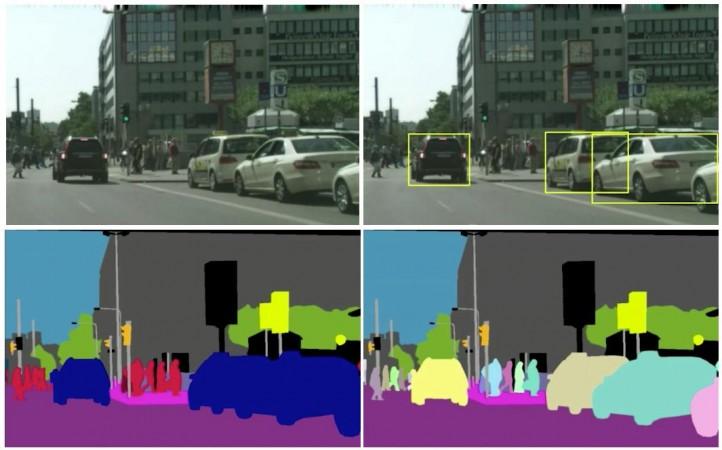
India’s Ministry of Road Transport and Highways has launched an initiative aimed at promoting the scrapping of old, polluting vehicles and encouraging the adoption of newer, cleaner ones. The Vehicle Scrapping Policy, as it is known, has been welcomed by both car and SUV manufacturers, who are offering substantial discounts on the purchase of new vehicles when old ones are scrapped.
Under the new policy, industry giants such as Maruti Suzuki India Ltd, Tata Motors, Mahindra & Mahindra, Hyundai Motor India, Kia Motors, Toyota Kirloskar Motor, Honda Cars, JSW MG Motor, Renault India, Nissan India, and Skoda Volkswagen India have agreed to offer discounts of 1.5 per cent of the ex-showroom price of a new car or Rs 20,000, whichever is lower. This discount is applicable against the passenger vehicle scrapped by the owner in the last six months. Mercedes Benz India has gone a step further, offering a flat discount of Rs 25,000, which will be over and above all existing discounts.
The policy also extends to commercial vehicle manufacturers. Companies like Tata Motors, Volvo Eicher Commercial Vehicles, Ashok Leyland, Mahindra & Mahindra, Force Motors, Isuzu Motors, and SML Isuzu have pledged to offer discounts equivalent to 3 per cent of the ex-showroom price for a commercial cargo vehicle with more than 3.5 tonnes GVW scrapped by the owner within the last six months. For commercial cargo vehicles under 3.5 tonnes GVW, the discount will be 1.5% of the ex-showroom price.

The Vehicle Scrapping Policy is not just about discounts. It also provides additional benefits to vehicle owners. These include the scrap value provided by Registered Vehicle Scrapping Facilities (RVSFs) to the vehicle owners and existing incentives of Motor Vehicle Tax concession, waiver of fee for issuance of certificate of registration, and waiver of liabilities by the Government of India. These incentives are linked to the Certificate of Deposit (CD) on purchase of a new vehicle, applicable in many states.
The policy is expected to have a significant impact on the environment and road safety. By incentivising the scrapping of end-of-life vehicles, it ensures the plying of safer, cleaner, and more efficient vehicles on the roads. This is in line with the global trend of promoting cleaner and more efficient vehicles to combat pollution and climate change.
The policy has been launched under the Voluntary Vehicle Modernisation Program, which aims to create an ecosystem for phasing out unfit, polluting vehicles across the country through a network of RVSFs and Automated Testing Stations (ATS). At present, there are over 60 RVSFs across 17 states and UTs and over 75 ATS’ across 12 states and UTs which are operational in the country while many more are in the pipeline.

The launch of the policy was followed by a detailed interaction between Union Minister for Road Transport & Highways, Nitin Gadkari, and a CEOs’ delegation from the Society of Indian Automobile Manufacturers. The interaction aimed to promote the scrapping of privately-owned commercial and passenger vehicles and replace the old polluting fleet with the less polluting newer fleet.
By offering substantial discounts and other benefits, it incentivises vehicle owners to scrap their old, polluting vehicles and adopt newer, cleaner ones. This not only contributes to reducing environmental pollution and enhancing road safety but also fosters a circular economy in the automotive sector. However, the successful implementation of the policy will require effective coordination between various stakeholders, including vehicle manufacturers, RVSFs, and the government.
This article was originally published by a www.ibtimes.co.in . Read the Original article here. .

